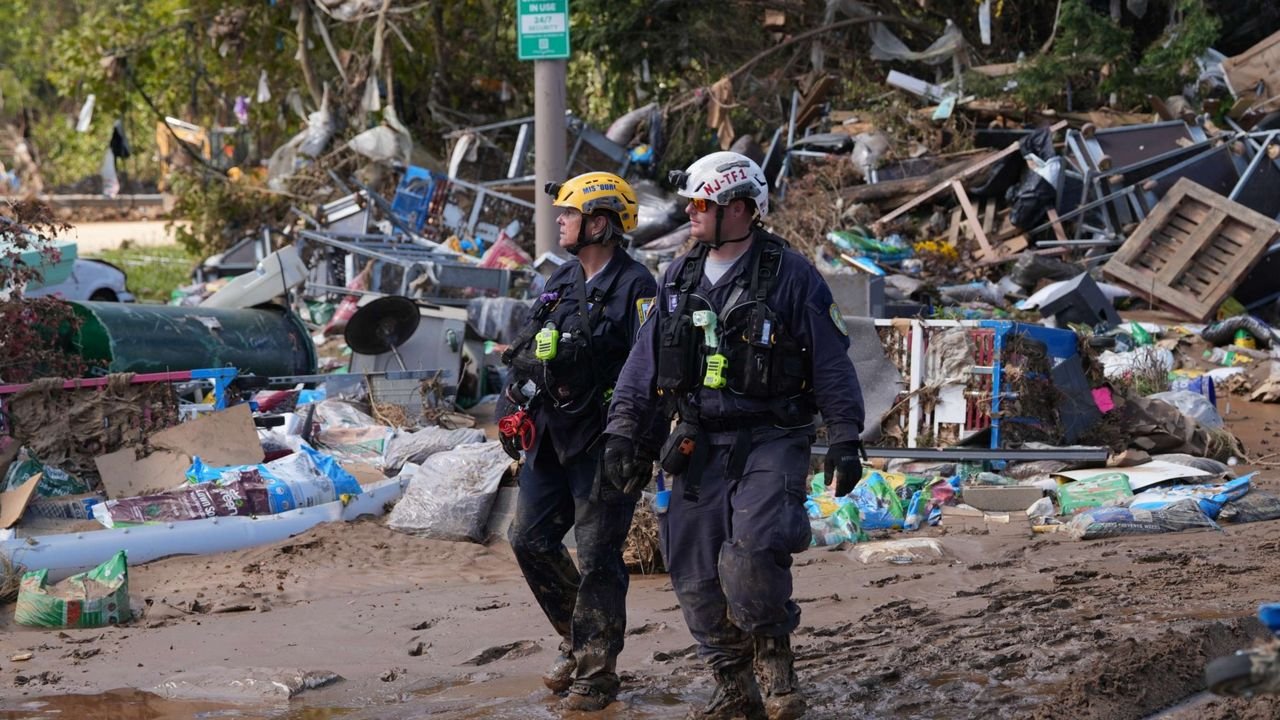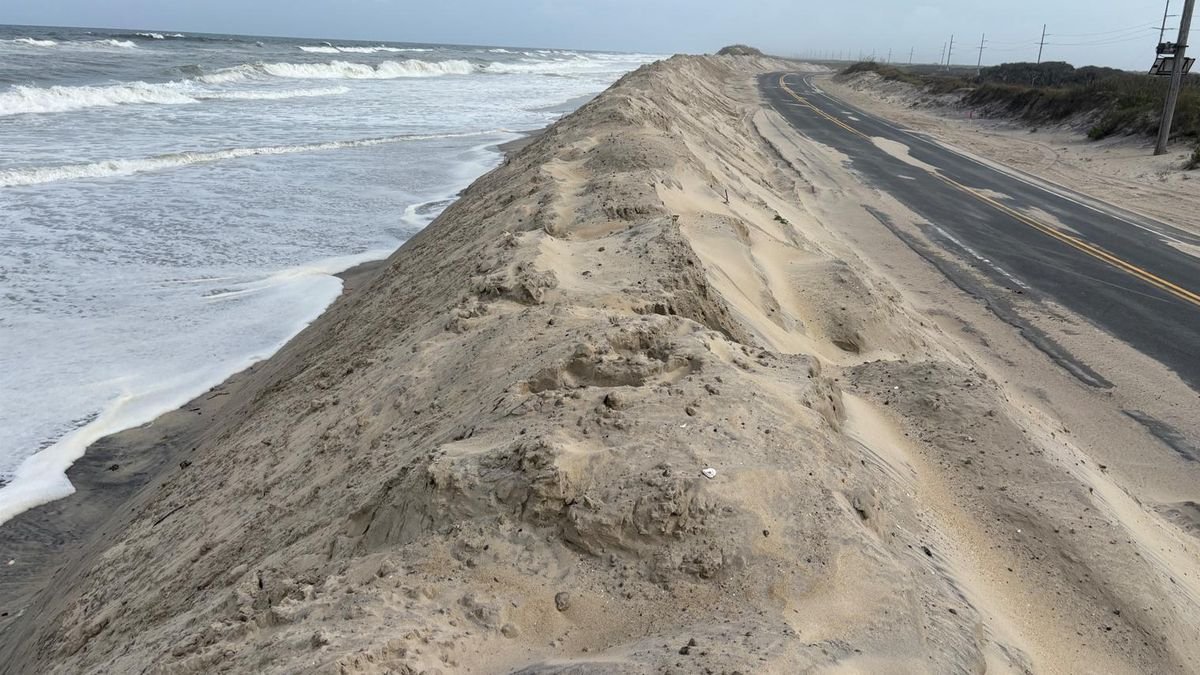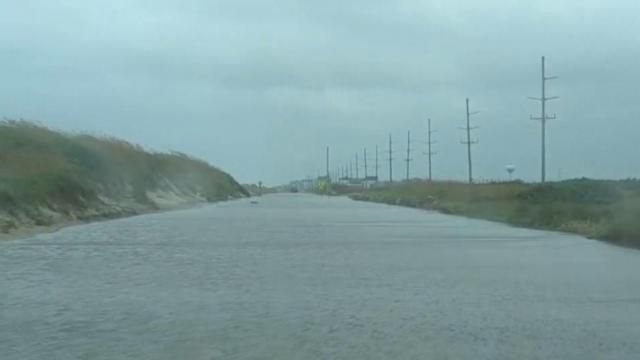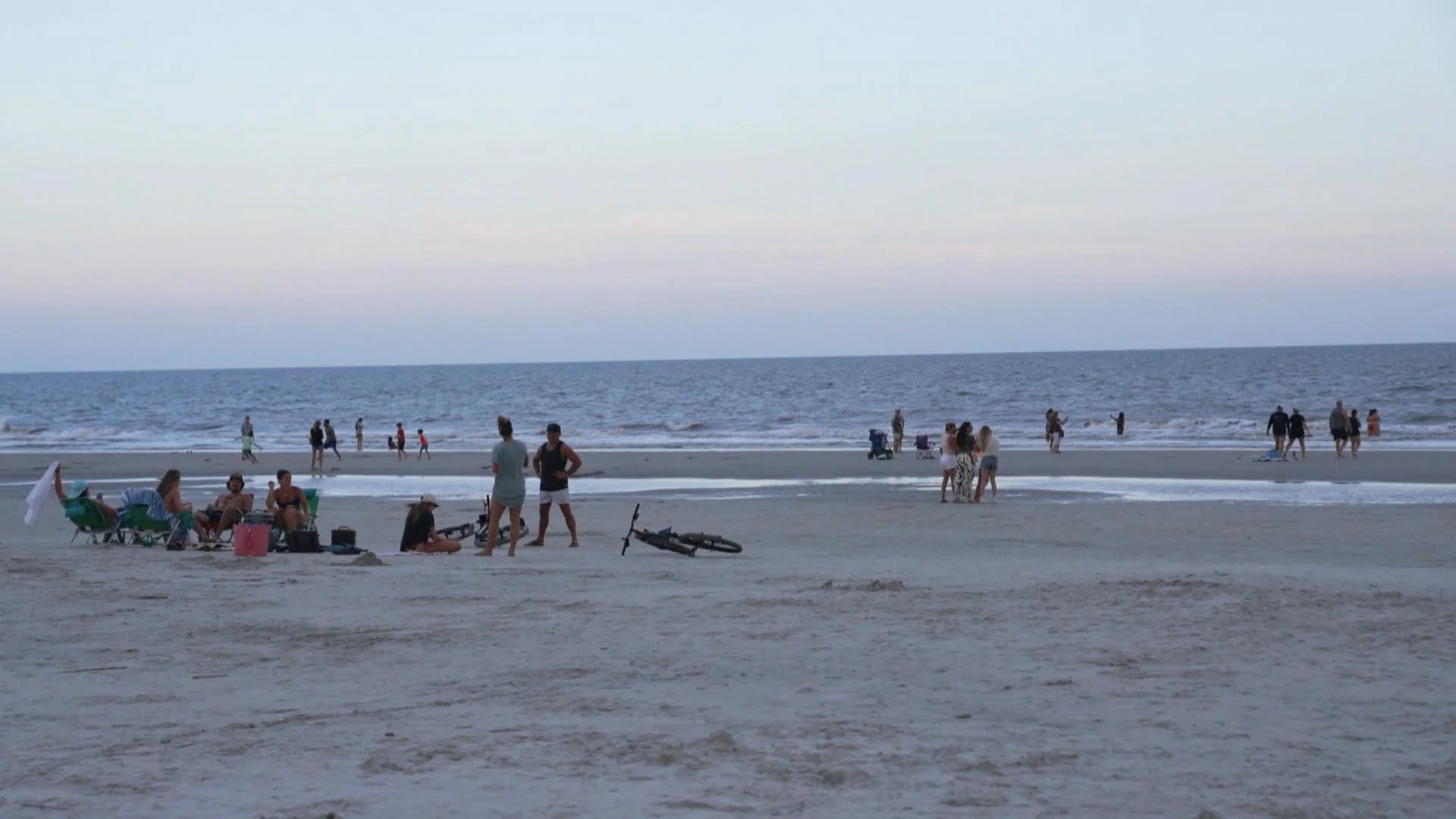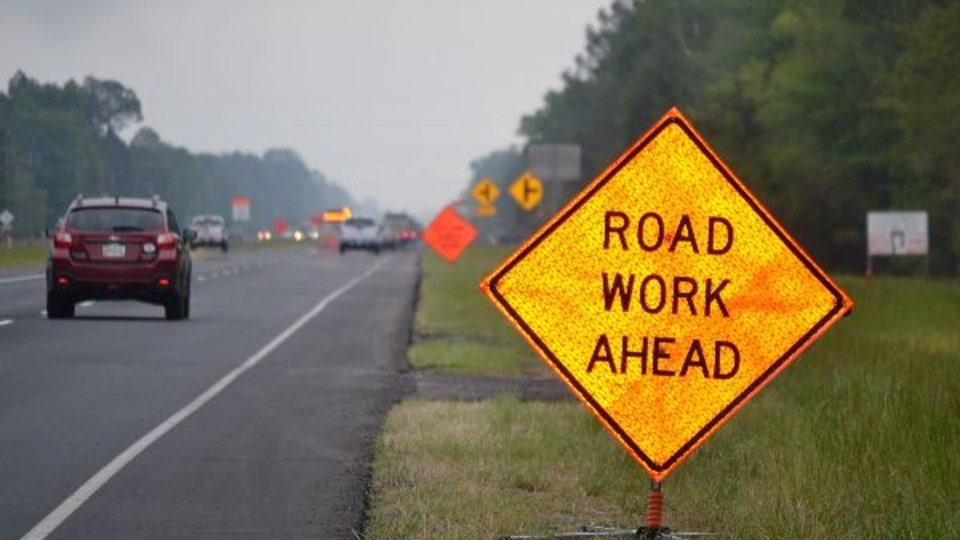Raleigh, North CarolinaAfter years of growing concern about how disaster events disrupt vulnerable individuals’ access to critical services, North Carolina is creating a daring new strategy to ensure domestic abuse programs and shelters remain open during hurricanes and big storms.
In order to create a comprehensive, survivor-centered response plan that guarantees the continuation of domestic violence services throughout storm-prone areas and incorporates disaster-specific resources and methods, the state recently released a call for proposals.
Why the Plan Matters: Special Safety Risks for Survivors
Communities and infrastructure are already under stress from natural disasters, but the risks are exacerbated for victims of domestic abuse.
According to Danielle Carman, executive director of the NC Council for Women & Youth Involvement, survivors are affected by natural disasters in many of the same ways as other individuals, and then some.They have unique safety requirements and hazards, especially if they are involved in an abusive relationship.
According to studies, the loss of home, limited mobility, and diminished access to support systems are some of the reasons why rates of violence against women and children rise after catastrophes.
Federal Funds, State Strategy
Nearly $833,00 in government funds given following Hurricanes Fiona and Ian, which hit the Carolinas in recent years, are used to pay the proposal. Carman pointed out that previous disasters like Hurricane Helene, which decimated western North Carolina, demonstrated the need for statewide coordination, even if the concept originated from destruction on the eastern coast.
The contractor who wins will:
-
Draft a detailed
two-year plan
-
Include
region-specific resources
-
Develop
early response strategies
-
Host
statewide surveys and focus groups
-
Work with the
NC Coalition Against Domestic Violence
for expert guidance
Timeline and Goals
-
Bid deadline:
August 14, 2025 -
Contract finalized:
By October 2025 -
Project duration:
Through Fall 2027
According to Carman, they would have two years to work on the plan and, ideally, engage extensively with providers around the state regarding their requirements.
The project’s ultimate goals are to guarantee operations continue, train shelters and service providers throughout the state, and lessen the recognized increase in abuse cases that occurs after severe weather occurrences.
NC Newsline has additional information.
Have you or a loved one had trouble getting assistance during a disaster? As we continue to cover emergency service reforms in North Carolina, please share your opinions or experiences with the Saluda Standard-Sentinel.
